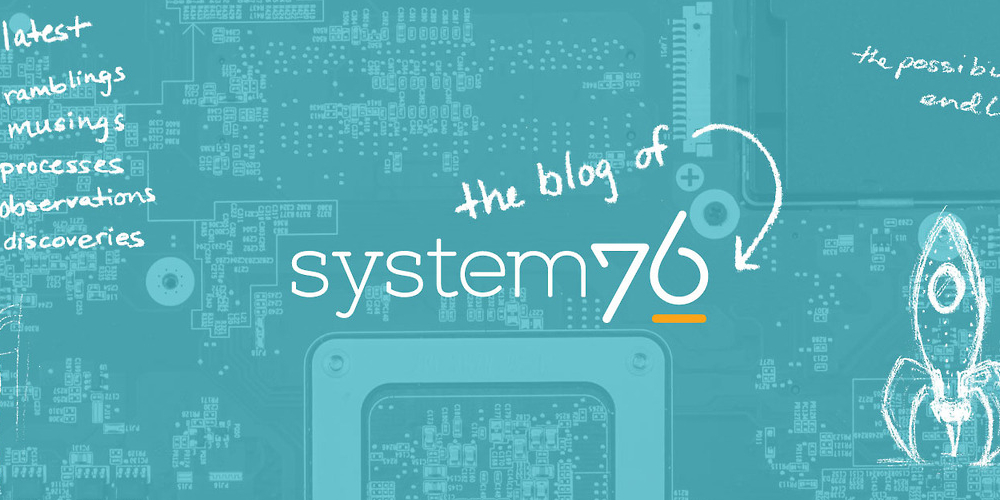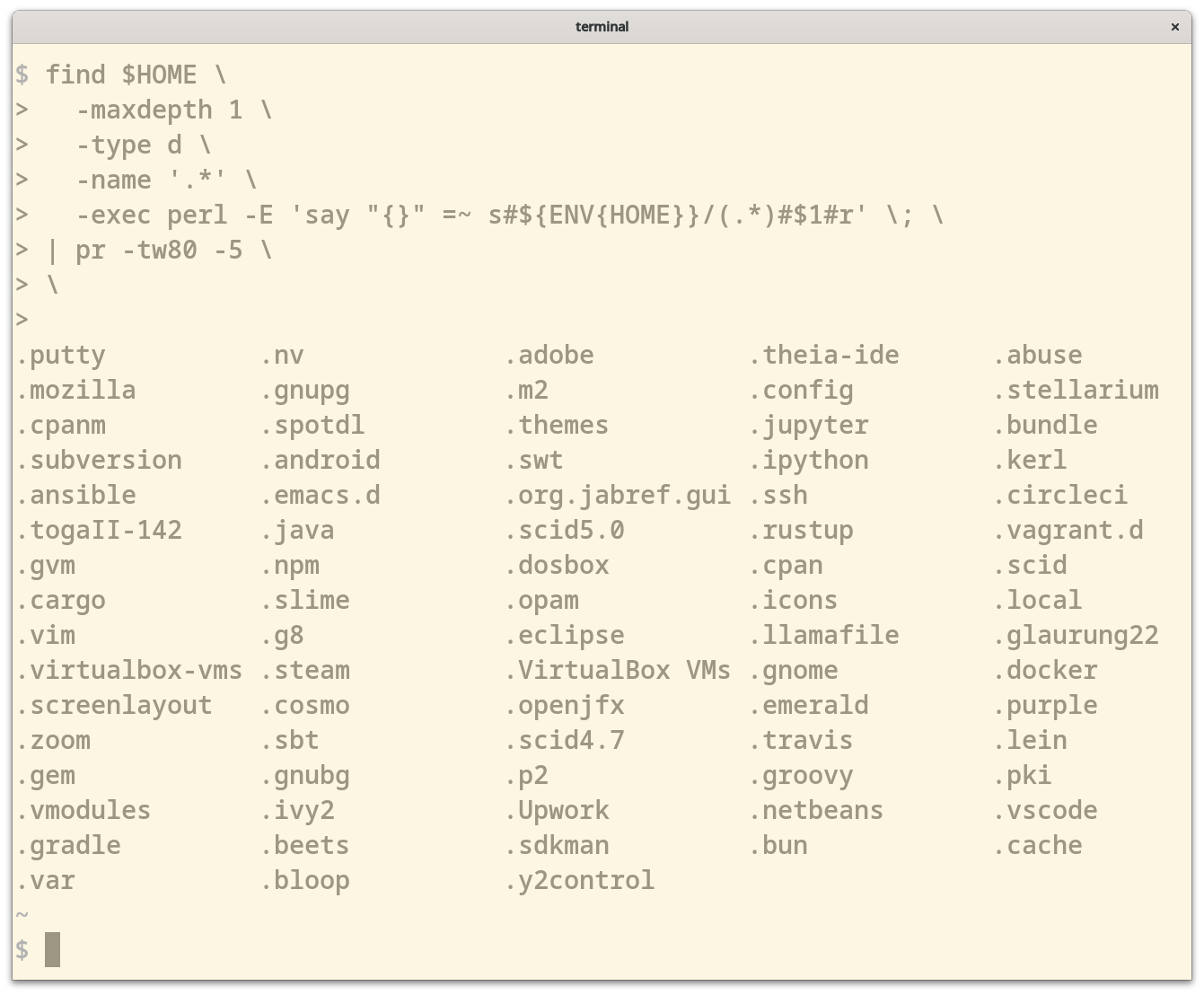

If you already know your ins and outs of the Firefox about:config and policy templates and have set up your own comfy Firefox then Zen isn’t going to do you much good. But for people who use power user browsers like Vivaldi (or even shiver Opera GX) and want to find a Firefox equivalent that meets their needs ootb then Zen is a good option. I taglined it as the “Better Vivaldi to your Chrome” since the reason people would use a program like Vivaldi is for the UI enhancements. The issue of course is that both Vivaldi and Chrome are proprietary programs using a dominating web engine.
Zen isn’t as hardened ootb like librewolf but I think it will bring a lot more people over to Firefox because of its presentation.



















Removed by mod